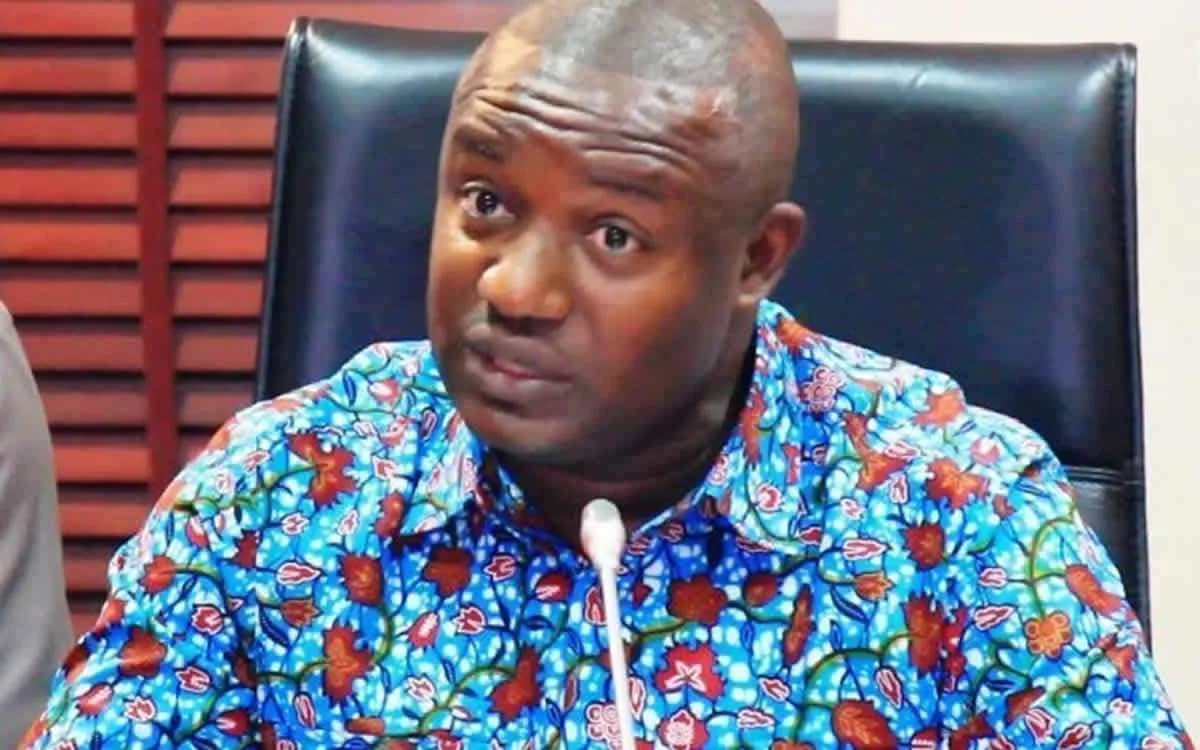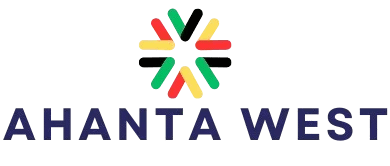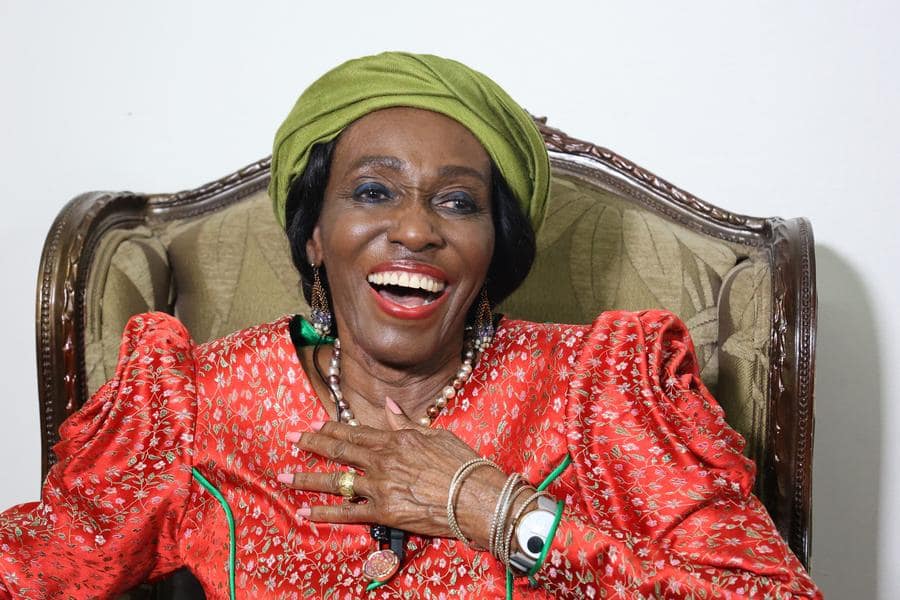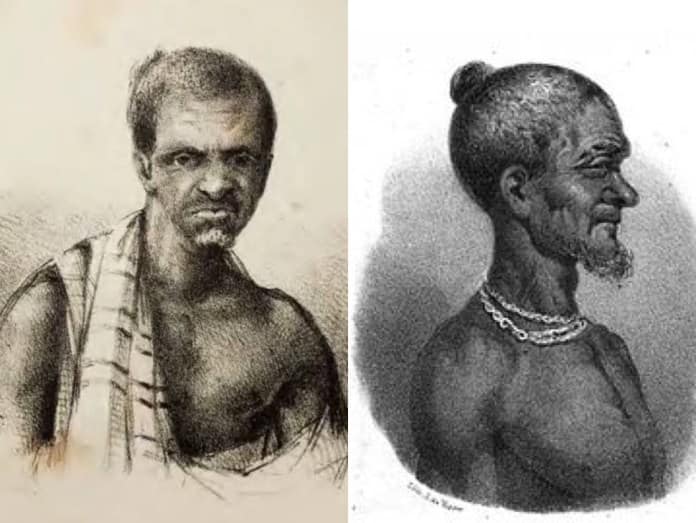
In response to recent reports suggesting the potential sale of the Electricity Company of Ghana (ECG), John Abdulai Jinapor, the Minister of Energy and Green Transition, has firmly refuted these claims. He emphasized that the government’s objective is not to privatize ECG but to seek strategic partnerships aimed at enhancing the company’s operational efficiency and financial health.
Clarifying Government’s Position
During an interview on Asempa FM’s “Ekosii Sen” program on February 20, 2025, Minister Jinapor addressed the circulating rumors head-on:
“We have not said we are selling ECG. Let no one misquote me. We are only seeking partnership in the distribution end vis-à-vis billing, collection activities of their work.”
This statement underscores the government’s intent to collaborate with private entities specifically in areas like billing and revenue collection, rather than an outright sale of the company.
Addressing Operational Challenges
Minister Jinapor highlighted the pressing need to tackle inefficiencies within ECG, particularly concerning revenue mobilization. He shared a personal anecdote to illustrate the challenges posed by the current billing and collection system, emphasizing that these inefficiencies have significant financial implications for the nation’s energy sector.
The minister also pointed out that ECG’s financial instability persists despite efforts to improve cash collection through digital and metering programs, as well as a 75% increase in tariffs since September 2022. This situation, he noted, confirms that there is excessive political interference in the management of the energy sector.
Ensuring Transparency and Stakeholder Engagement
To navigate the proposed restructuring, the government has established a seven-member technical committee tasked with formulating strategies to revamp ECG’s operations. Minister Jinapor emphasized the importance of transparency and inclusivity in this process:
“We want this to be done in a transparent, effective, and responsible way. The committee is supposed to consult all stakeholders, including the workers, staff, unions, consumers, and those who matter.”
This approach aims to foster a collaborative environment where all relevant parties can contribute to the decision-making process, ensuring that the reforms align with the collective interests of stakeholders.
Combating Internal Malpractices
Beyond operational inefficiencies, Minister Jinapor expressed concern over internal malpractices within ECG. He revealed instances where critical equipment imported for the company remained uncleared at ports, leading to their auction at significantly reduced prices. In one case, a container valued at $500,000 was auctioned for 100,000 cedis and subsequently repurchased by ECG for $300,000. The minister condemned these fraudulent activities and vowed to implement measures to prevent such occurrences in the future.
Political Interference and Its Implications
Minister Jinapor also addressed the issue of political interference in ECG’s operations. He argued that such interference has contributed to the company’s challenges and that removing it could pave the way for improved performance. He suggested that by allowing ECG to operate with greater autonomy and reducing political meddling, the company could achieve better financial health and service delivery.
Conclusion
In summary, the government’s strategy concerning ECG focuses on enhancing efficiency and financial sustainability through strategic partnerships, particularly in revenue collection and billing. Minister Jinapor’s assurances highlight a commitment to maintaining ECG as a state-owned entity while seeking collaborative efforts to address existing challenges. The emphasis on transparency, stakeholder engagement, and the elimination of internal malpractices reflects a holistic approach to reforming Ghana’s primary electricity distribution company.








